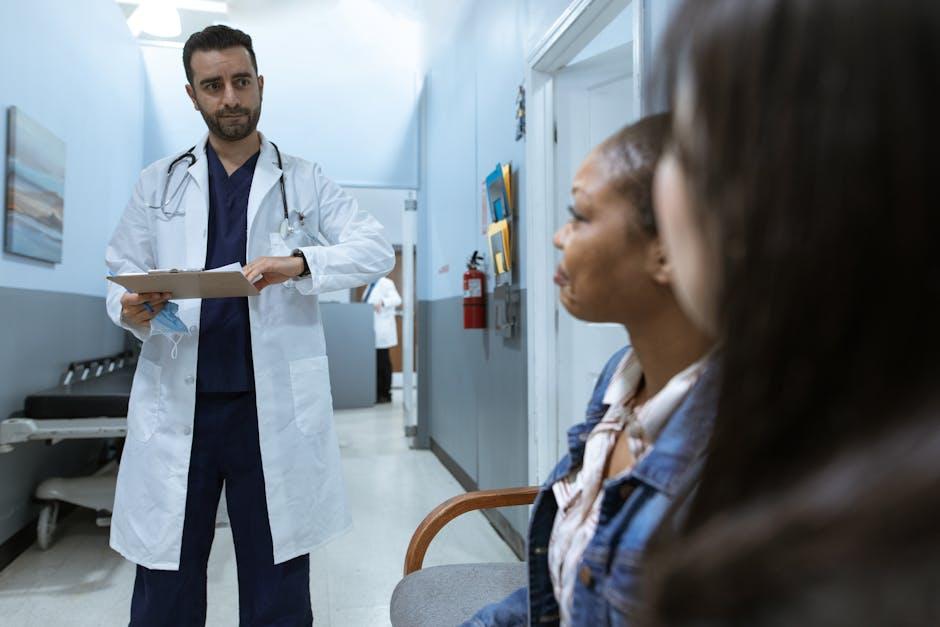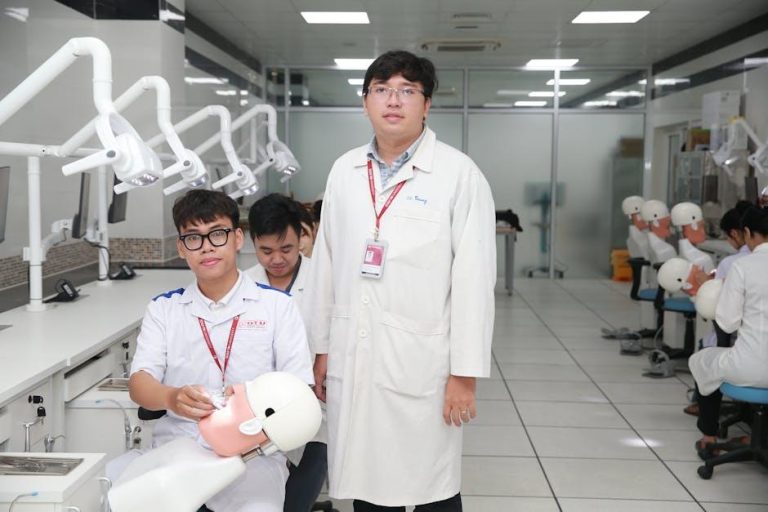
Filling a Gap: U-M Dental Students Help Combat Michigan’s Shortage of Rural Dentists
The shortage of dentists in rural areas across Michigan is a pressing issue that significantly impacts oral health outcomes for many communities. Fortunately, University of Michigan (U-M) dental students are stepping up to fill this gap, combining education and community service to improve access to dental care in underserved regions. This article explores how U-M dental students contribute to mitigating the shortage of rural dentists in Michigan, the programs supporting their mission, and the benefits to both students and communities.
Understanding Michigan’s Rural Dentist Shortage
Rural Michigan communities face unique challenges in accessing dental care compared to urban areas. Factors contributing to the shortage include:
- Lower dentist-to-population ratios in rural counties
- Limited access to specialized dental services
- Higher rates of poverty and dental health disparities
- Difficulty attracting and retaining healthcare professionals in isolated regions
According to the Michigan Department of Health and Human Services, many rural counties are designated dental health professional shortage areas (HPSAs), exacerbating oral health inequalities.
University of Michigan’s Commitment to Rural Oral Health
The University of Michigan School of Dentistry recognizes the critical need to address this disparity and has implemented innovative strategies to encourage dental students to pursue rural practices. Key initiatives include:
1. Rural Community Dental Rotations
U-M dental students participate in clinical rotations at rural clinics and health centers throughout Michigan. These rotations provide valuable hands-on experience treating diverse patient populations and expose students to the distinctive needs of rural communities.
2. Interprofessional Collaboration and Education
Students learn to collaborate with other healthcare providers—such as family medicine doctors, nurses, and dental hygienists—in rural settings to promote comprehensive and accessible health services.
3. Scholarships and Incentive Programs
To encourage graduates to serve rural areas, U-M offers scholarships and financial incentives tied to rural practice commitments, helping reduce student debt burden and fostering long-term community engagement.
Impact of U-M Dental Students in Rural Michigan
The involvement of U-M dental students in rural healthcare has delivered measurable benefits, including:
- Increased access to preventive and restorative dental care in underserved rural communities.
- Improvement in oral health literacy and education among patients.
- Strengthening local dental clinic capacity by providing additional clinical resources.
- Promoting early detection and intervention for dental diseases.
Case Study: Marquette County Rural Dental Clinic
At the Marquette County Rural Dental Clinic, U-M students complete rotations providing critical services ranging from fillings to oral cancer screenings. Since the program’s inception, there has been a notable 20% increase in patient visits and an improvement in community oral health outcomes.
Benefits of Rural Dental Training for Students
Beyond the invaluable experience in clinical skills, students gain:
- Insight into the social determinants affecting oral health in rural areas.
- A chance to develop patient communication skills across diverse populations.
- Exposure to flexible and innovative treatment approaches tailored for resource-limited settings.
- Opportunities to build strong community ties and promote public health advocacy.
Practical Tips for Aspiring Rural Dentists
If you’re a dental student or recent graduate interested in rural dentistry, consider the following advice from U-M program participants and faculty:
- Seek out rural clinical experiences early: Volunteer or apply for rotations in underserved areas.
- Connect with mentorship programs: Network with practicing rural dentists to gain guidance and insight.
- Apply for rural-focused scholarships and loan repayment options: These programs can alleviate financial barriers.
- Embrace interprofessional learning: Collaborate with other rural health professionals to provide holistic care.
- Stay adaptable and community-focused: Rural practice often requires flexibility and a strong commitment to community health engagement.
Overview of U-M Rural Dental Outreach Programs
| Program Name | Focus Area | Location | Student Involvement |
|---|---|---|---|
| Dental Rotations in Rural Clinics | Clinical Training & Patient Care | Multiple rural counties statewide | 5th Year Dental Students |
| Community Oral Health Initiatives | Education & Prevention | Eastern Upper Peninsula | All dental students, volunteer basis |
| Rural Dentist Mentorship | Professional Development | Statewide | Incoming students and interns |
| Loan Repayment & Scholarships | Financial Incentives for Rural Practice | N/A | Graduating students |
First-Hand Experience: A Student’s Perspective
Emily Rodriguez, a fifth-year U-M dental student, shares her reflections on rural rotations:
“Working in rural Michigan clinics has been a transformative experience. Not only do I get hands-on clinical practice that challenges me, but I’m also able to build meaningful relationships with patients who often haven’t had access to regular dental care. This exposure has deepened my commitment to return to a rural community after graduation and make a tangible impact.”
Looking Ahead: The Future of Rural Dentistry in Michigan
The University of Michigan continues to invest in education, outreach, and incentive programs to address the ongoing dentist shortages in rural Michigan. As more students and graduates opt for rural practice, the state anticipates improvements in both oral health outcomes and healthcare equity across communities.
By fostering a new generation of rural dentists through hands-on learning and financial support, U-M not only fills the immediate gaps but also builds sustainable solutions that benefit Michigan’s residents for years to come.
Conclusion
Michigan’s rural dental shortage is a significant public health challenge, but thanks to the proactive efforts of University of Michigan dental students and faculty, strides are being made to close this gap. Through dedicated rural training, community outreach, and supportive programs, U-M is shaping compassionate and skilled dentists ready to serve where they are needed most. Whether you’re a prospective dental student, healthcare professional, or community member, the collaborative efforts between U-M and rural Michigan offer hope and real solutions to improve access to quality dental care.
For more information on University of Michigan’s rural dentistry programs, visit the School of Dentistry website.


